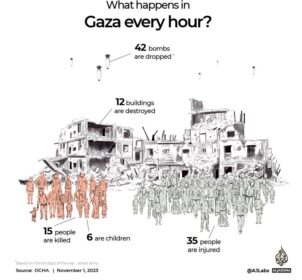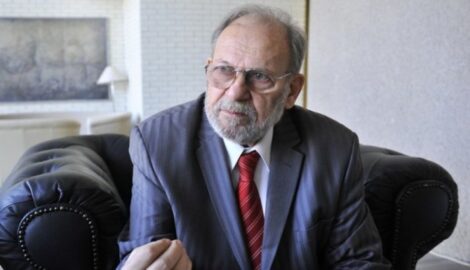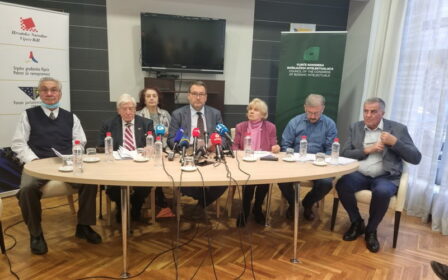ACBH Commemorates the Siege of Sarajevo

April 5, 2013 – Washington, D.C. – The Advisory Council for Bosnia and Herzegovina (ACBH) would like to commemorate the Siege of Sarajevo which began this week exactly twenty one years ago and lasted until February 29, 1996. For 1,425 days, the brave residents of the capital of Bosnia and Herzegovina (BiH) lived without water, electricity, medicine, and with very little food. The once vibrant and beautiful city was under constant shelling by Serb forces that bombed the city from the surrounding hills.
On April 6, 1992, Serb forces of Republika Srpska and the Yugoslav People’s Army besieged Sarajevo with a clear intent to destroy its multiethnic fabric and eliminate any resemblance of religious and cultural cohabitation. The siege of Sarajevo – the longest siege in modern day history, not only marked the start of the war of aggression on BiH, but also the beginning of genocide and ethnic cleansing throughout Bosnia and Herzegovina.
Sarajevo is a city where Christianity, Islam and Judaism flourished side by side for centuries, and its residents have historically lived side by side in unity. The human toll from the war is astounding and devastating: over 100,000 killed and over 2 million displaced. This is a somber day for citizens of BiH and for the Bosnian diaspora across the globe, however, this day challenges us all to remember the souls lost in the 1992-1995 war.
Today, we remember the heroic perseverance that Sarajevo, its courageous defenders, and its citizens endured; and in order to prevent genocide in the future and in solidarity with April Genocide Prevention Month, ACBH is remembering victims of genocide and honoring the survivors. ACBH strongly encourages the United States and the international community to re-commit its efforts in the campaign against genocide and mass atrocities.



